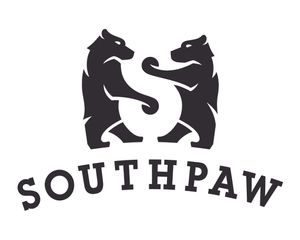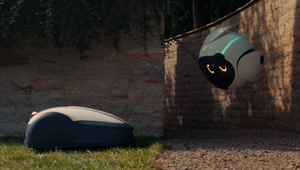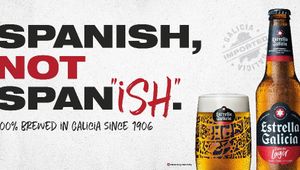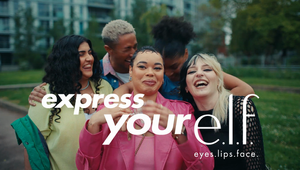
3 Trends No Business Can Afford to Ignore in 2019
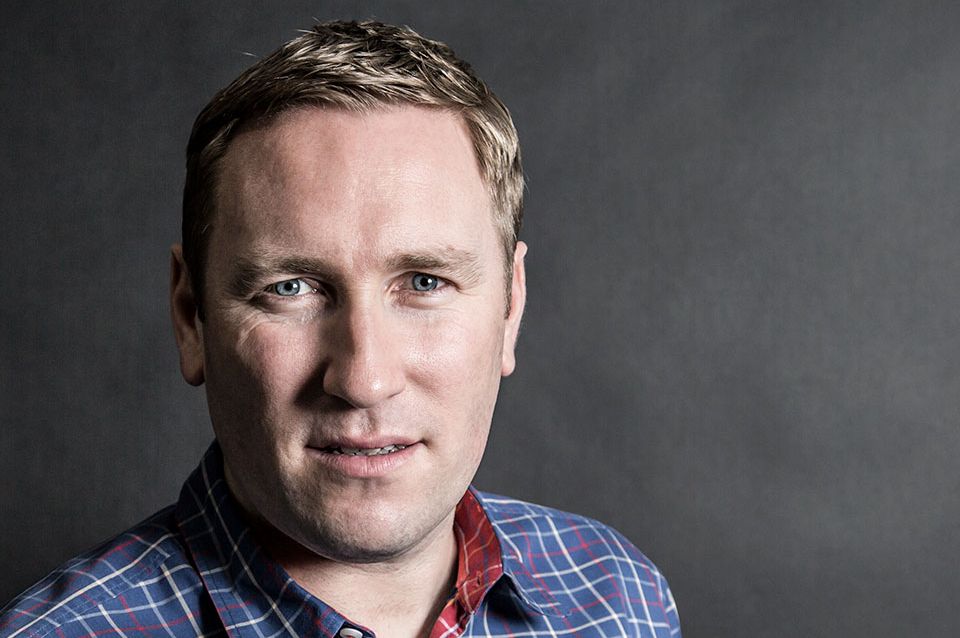
The #MeToo movement, the revolution in attitudes towards plastics, and the boost to awareness of the value of personal data stoked by the Cambridge Analytica scandal are three key narratives from 2018 which underpin important issues brands will need to address in 2019.
The context for each – or, if you like, meta-theme – is the rise and rise of the ‘attention economy’ in which we all now compete, and the extent to which standing out in the face of more and more distractions has become one of the biggest business challenges of this age.
With a global average of 6.3 devices per person (peaking at seven in China), each of us now undertake on average 77 online activities each week, according to new research conducted amongst 16 to 64-year-old consumers in 25 countries by Foresight Factory.
And growing hand in hand with this increase has been concern about the negative impact of this - disordered attention.
Some 27% of us feel less able to concentrate due to the internet and mobile phones, the findings show. Meanwhile, supply and use of tools developed by tech firms to help us better understand and so limit our screen use and digital consumption have enjoyed a rise.
In today’s ‘always on’ hyper-connected world, our brains never actually stop. The hidden side effect of this is increased production of the stress hormone cortisol, which is designed to support us through bursts of intense activity, but in the long term has an extremely negative impact on physical and mental health. Our cortisol levels should be at their lowest at night time, but with many of us constantly connected, it is often at its highest.
As brands, we must help minimise the negative effects of our ‘always on’ world. We shouldn’t be stalking consumers and encouraging people to binge on content. We need to protect vulnerable groups.
The net effect poses a fundamental question for brand owners moving forward: how best to respond to these challenges? The Foresight Factory Trending 2019 Report highlights opportunities for brands lying in a number of powerful trends which I discussed at the IPA’s Trending 2019 event this week.
Here are three.
The first is Sustainable Me. This trend is driven by the evolution of a ‘prepper’ mindset amongst consumers, motivated by a desire to survive an uncertain future in style. Some 42% of us want more control over our future – a figure which, amongst millennials, rises to 62%, the report found.
Globally, 51% of us like to plan or be organised and 40% of us would like to be more organised than we are today – be that by having more control over our finances, productivity or weight. Meanwhile, 57% of us say we’d prefer to be independent and not have to rely on others for our needs.
‘Prepper’ values – building awareness of coming risks, preparing for and seeking to control them – are neatly illustrated by members of the FIRE (Financial Independent Retire Early) movement in the US.
Exponents of FIRE tend to be a niche of middle-income earners, typically with a tech industry background. But their desire for greater control and a more moderate and sustainable lifestyle are concerns now entering mainstream, even if some of their more extreme tactics – for example, saving 25x their annual living expenses and pursuing a minimalist lifestyle - are not.
As these values spread in 2019, brands will need to respond by offering solutions in the form of supportive information content and products or services that make forward planning and future-proofing easier, enjoyable and aspirational. First-time investors’ app Wealthsimple and Google’s free learn-to-code app Grasshopper are great examples.
The second trend is Educator Brands – brands becoming empowering advisors and filling knowledge gaps with content.
This is being driven by a rise in consumer interest in broadening their knowledge, interest and experience, a shift in their go-to sources of advice, and a decline in opportunities for brands to converse with consumers via physical retail stores. Culturally, we moved from defining ourselves by our possessions to allowing our experiences to define us. Now, we’re ushering in a new era where we’re being defined by our knowledge.
In the study, 52% of people expressed a desire to be more knowledgeable, ahead of calm and sociable. And as enrichment becomes an increasingly important part of leisure, so entertainment is as much about learning new things as it is about having fun. This increased desire for ‘purposeful leisure’ is neatly demonstrated by the rapid rise in holidays to locations where travellers can widen their experience and broaden their minds.
The opportunity here for brands is to take responsibility for filling consumers’ knowledge gaps and aligning with their passions. The Period Game – a game that allows players to find out about and discuss menstruation in a fun and relaxed way - is a great example of this. Health and well-being brand Hims, meanwhile, provides contextual content alongside taboo-busting products.
This trend offers brands opportunities to educate through creating engaging and compelling content and experiences and enabling people to demonstrate what they have learned through the creation of social capital.
The third trend, Prescribed Life, is about trusted brands increasingly taking decisions on consumers’ behalf and prescribing products and routines for them.
This is being driven by the growing choice of products, services and brands consumers now have and the pressure that comes with it. According to the study, some 37% of global consumers say that keeping up to date with new products and cultural trends is important to their identity and 24% feel pressure to be more up to date.
With a growing need for guidance and curation in order to manage this choice, we have already seen the emergence of trusted brands making decisions for us. Think Amazon Recommends.
Moving forward, there will by many further opportunities for brands to prescribe and this is already rapidly evolving in sophistication. Following Spotify’s recent tie-up with the AncestryDNA website, for example, the music streaming services now offers unique music selections tailored to your genetics and family tree and based on your DNA.
In today’s attention economy, it can be tempting to think that marketing will fall on deaf ears with so much now vying for consumers’ attention. But ad blocking is in decline, the findings show. And those struggling to concentrate are, in fact, following more brands on social.
There is still significant demand for dialogue with the brands we love, so long as those brands speak to consumers, not at. Moving forward, those brands that build deep understanding of their consumers and harness emerging trends in innovative and creative ways will be best-positioned to be and stay heard.
Tom Poynter, MD at Southpaw, spoke at the Trending 2019 event hosted by the IPA on Thursday January 17.







